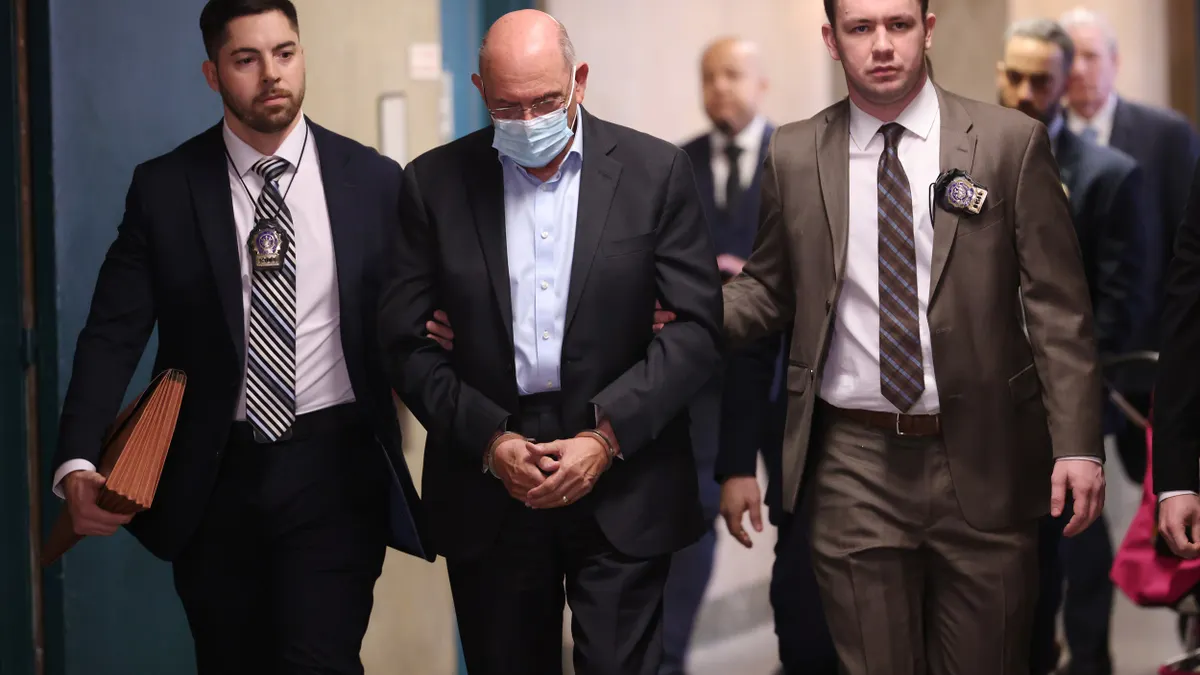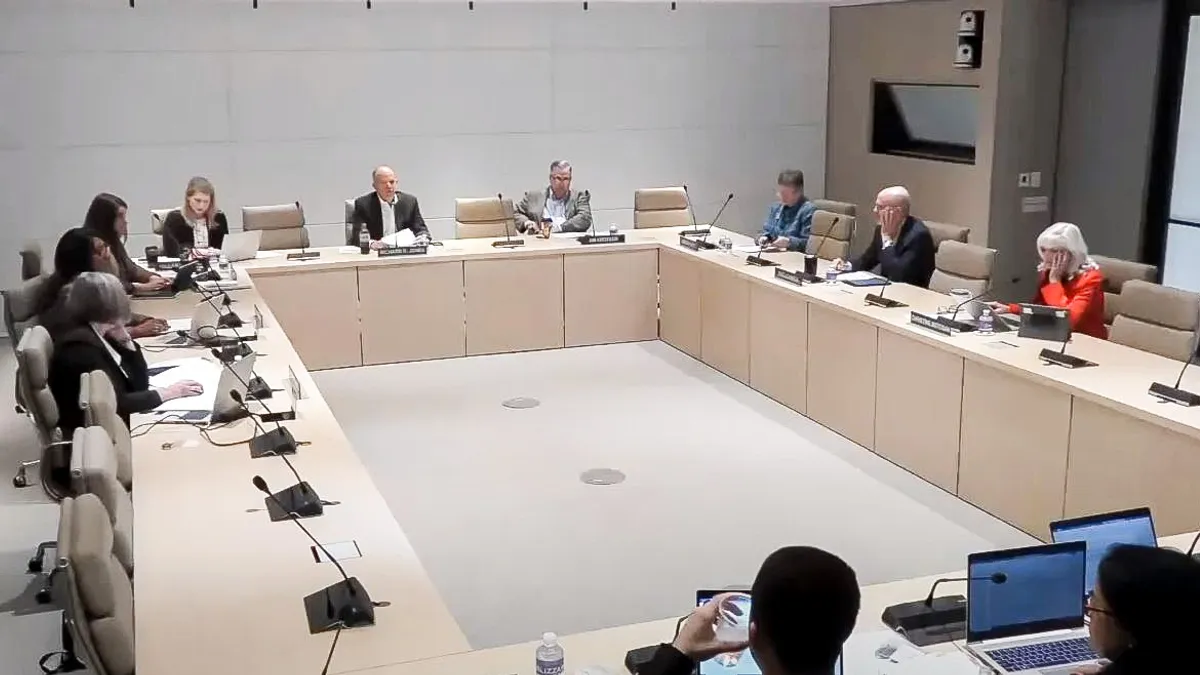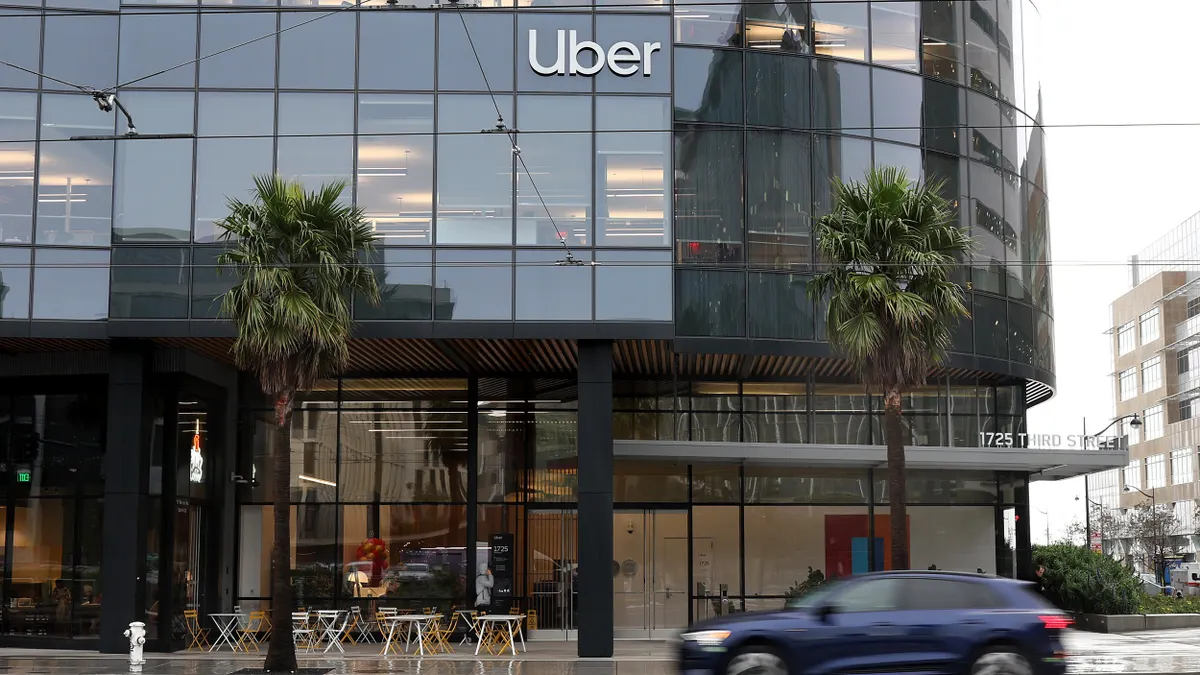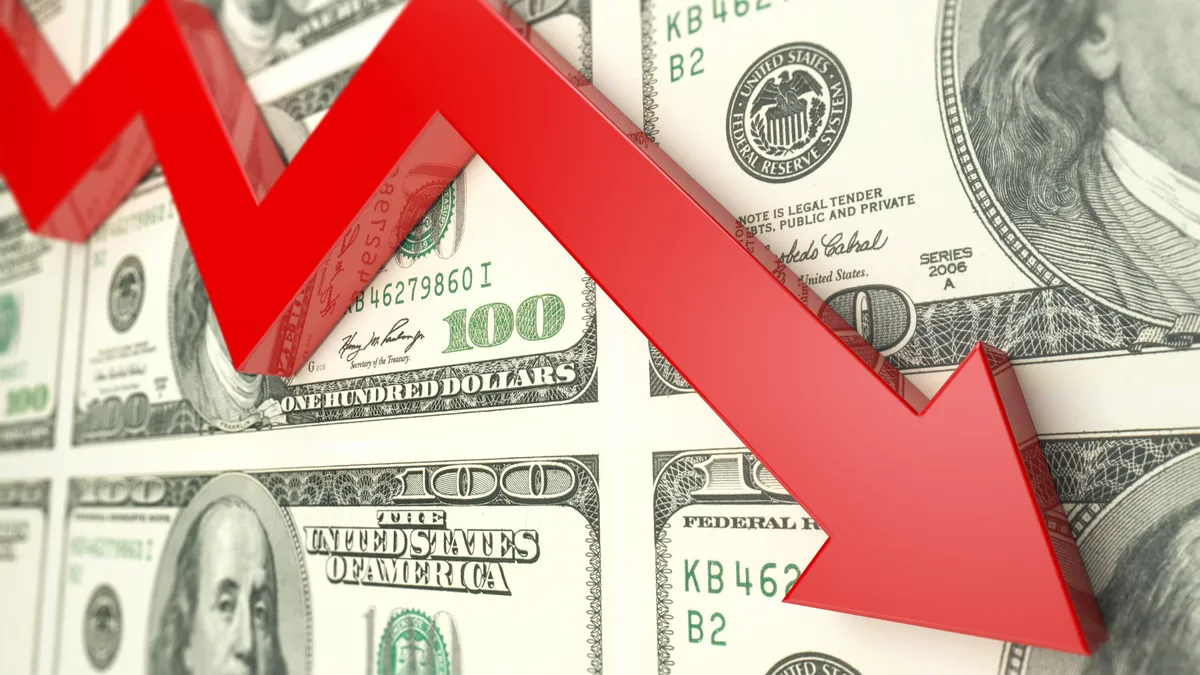Former Trump Organization CFO Allen Weisselberg is no longer required to disgorge $1 million in severance payments he received from the organization back to New York State, a New York appeals court said Thursday.
The decision, one of three opinions issued by a five-judge panel of the First Judicial Department of the New York Supreme Court’s Appellate Division, voids the more than $500 million fine previously levied on President Donald Trump, his business and other defendants during the closing of the civil fraud case brought by New York State Attorney General Letitia James.
However, it leaves intact the non-monetary penalties and sanctions previously determined by Judge Arthur Engoron in his February 2024 ruling on the case, which included a lifetime ban for Weisselberg and former Trump Organization controller Jeffrey McConney from serving in a position of financial control for New York entities, CFO Dive reported at the time of the ruling.
“While the injunctive relief ordered by the court is well crafted to curb defendants’ business culture, the court’s disgorgement order, which directs that defendants pay nearly half a billion dollars to the State of New York, is an excessive fine that violates the Eighth Amendment of the United States Constitution,” the decision by the appeals court said.
A long-time veteran of the Trump Organization, Weisselberg’s severance agreement came under repeated fire during the two and a half month civil fraud trial, with the former CFO set to receive a $2 million pay package as part of an agreement that included language barring him from disparaging the Trump Organization, CFO Dive reported at the time.
As part of his ruling on the civil fraud case, which found President Trump, his two eldest sons, and other named defendants had committed fraud by overinflating the value of certain properties to obtain bank loans on more favorable terms, Engoron ordered the defendants to pay $464 million in penalties, as well as interest.
The judge also required Weisselberg to pay back the $1 million he had received at the time as part of his severance, with the decision treating the payment as “ill-gotten gains.” Engoron wrote, “there is substantial evidence that Allen Weisselberg’s $2 million separation agreement was negotiated to compensate him for his continued non-cooperation with any entities with any legal interests ‘adverse’ to defendants,” according to the February ruling. Weisselberg was “a critical player in nearly every instance of fraud,” and it would be “inequitable to allow him to profit from his actions by covering up defendants’ misdeeds,” the judge said.
However, the Thursday decision by the New York appeals court vacated that requirement, noting “no evidence supports the Attorney General’s assertion that “the severance payment was made in part as a reward for [Weisselberg’s] misconduct and in exchange for his agreement not to cooperate with [the Attorney General’s] investigation.”
“Apart from the lack of record support for the liability finding against Weisselberg (as previously discussed), the disgorgement of his severance is subject to vacatur on the ground that there is no evidence of a causal connection between the alleged misconduct and the severance payment,” the opinion reads.
The New York Attorney General’s Office will seek to appeal the decision, according to a statement released Thursday, which also noted the appeals court “affirmed the well-supported finding of the trial court: Donald Trump, his company, and two of his children are liable for fraud,” James said in the statement.
“The court upheld the injunctive relief we won, limiting Donald Trump and the Trump Organization officers’ ability to do business in New York. It should not be lost to history: yet another court has ruled that the president violated the law, and that our case has merit,” the statement reads. “We will seek appeal to the Court of Appeals and continue to protect the rights and interests of New Yorkers.”
The court’s ruling represented a “very significant victory” for President Trump and his family in regards to the civil litigation, removing “an enormous financial burden from them,” Michael Bachner, a partner at the law firm of Bachner & Associates told CFO Dive in an emailed response to questions.
Regarding Weisselberg, while the decision removes the disgorgement requirement regarding his severance, it does not impact his criminal case, he said. Bachner, whose past experience includes a stint serving as assistant DA for the New York County District Attorneys Office, is not affiliated with the case.
However, the court “did not reverse the conclusion that fraudulent conduct occurred which can have devastating impact on the Trump organization,” Bachner said.
“These aspects of the court’s ruling however will be appealed to the court of appeals, which is the highest appellate court in the state of New York,” he said. “One cannot rule out that the court might well reverse the fraud findings.”
























